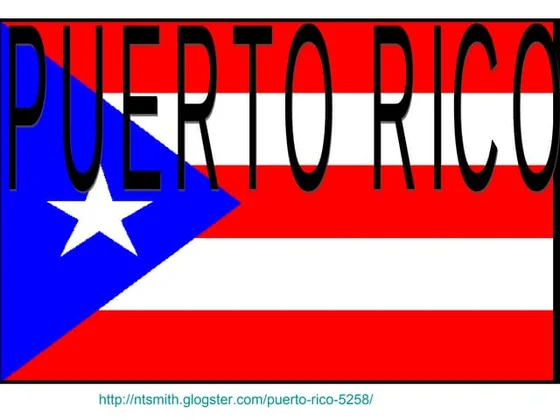In Puerto Rico, the legal system blends U.S. federal law with its own local legal code rooted in the civil law tradition (similar to many Latin American countries). Below are the main types of laws that apply on the island:
1. U.S. Federal Law
- As a territory of the United States, Puerto Rico must follow all applicable federal laws.
- Covers:
- Immigration
- Customs and Border Protection
- Postal services
- Interstate commerce
- Federal crimes (e.g. drug trafficking, federal tax evasion)
2. Puerto Rico Commonwealth Law
Puerto Rico has its own Constitution (ratified in 1952) and a body of local laws. Major legal areas include:
a. Constitutional Law
- Based on the Constitution of the Commonwealth of Puerto Rico
- Protects civil rights, governance structure, and the relationship with the U.S.
b. Civil Law
- Influenced by Spanish civil code (unlike the common law system in U.S. states)
- Governs:
- Contracts
- Property rights
- Family law (marriage, divorce, child custody)
- Inheritance and wills
c. Criminal Law
- Defines local crimes (theft, assault, homicide, etc.)
- Enforced by Puerto Rico Police Department and prosecuted in local courts
- Separate from U.S. federal crimes
d. Family and Domestic Law
- Covers marriage, divorce, child support, guardianship, and domestic violence laws
e. Employment and Labor Law
- Includes:
- Minimum wage (may differ from the mainland U.S.)
- Employment benefits
- Worker rights and unions
f. Environmental Law
- Regulates environmental protection, natural resources, and land use
g. Education Law
- Defines public school policies, curriculum standards, and language instruction
h. Health Law
- Covers health services, insurance, public health safety, and medical practices
3. Municipal Laws
- Local towns and cities (municipalities) can pass ordinances and regulations
- Covers:
- Zoning
- Local taxes
- Public sanitation and noise laws



